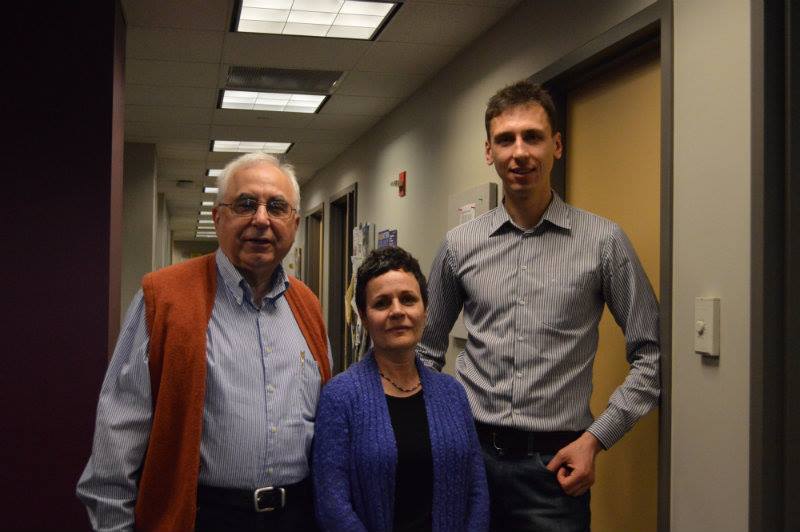A team of authors within Carnegie Corporation research project has recently published a report “Protest in the Age of Social Media.” The authors (Joshua A. Tucker, Megan Metzger, Duncan Penfold-Brown, Richard Bonneau, John Jost, Jonathan Nagler) analyze how Ukrainian opposition leaders and, more noticeably, civic activists used social media to reach audiences and bring the Yanukovych regime down. The authors are looking for implications of social media impact:
If social media is indeed changing the ways in which protests emerge and evolve, then what is learned about the Ukrainian situation will provide important lessons for understanding and anticipating political developments all over the world.
.
The authors suggest to view the impact of social media in Ukraine in three main dimensions, focusing on the use of #euromaidan / #євромайдан hashtags and Facebook updates:
First, social media can help to build a protest movement, and it can do so with remarkable speed. Second, once a movement exists, social media can play an important role in recruiting new members and encouraging participation. Third, once protests are in full swing, social media can spread information about them.
The interest of researchers for the impact of social media use in Ukraine in 2013-2014 remains high and leads to new publications from worldwide aiming to undestand the nature of social media interaction as a vibrant medium of public discussions and self-organization. Just to remind, in Boston, in May 2014, I have published my thesis about the role of social media in news gethering in Ukraine.










